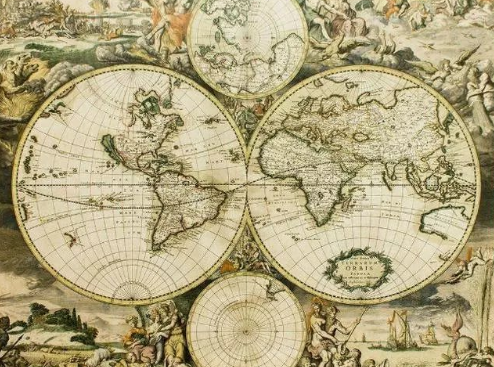In the long history of China, the story of Li Yuan's uprising in Jinyang is widely circulated. However, whether this uprising was really premeditated or not is controversial in historical records, making it difficult to pinpoint.

According to the "Old Book of Tang", Li Yuan had a series of preparatory activities before the uprising in Jinyang. He first established a military base in Jinyang, then secretly recruited soldiers, stocked up provisions, and even specially made military flags and uniforms. These actions undoubtedly indicate that Li Yuan had premeditated the uprising.
On the other hand, however, the "New Book of Tang" records a completely different story. It claims that Li Yuan had no premeditation before the uprising in Jinyang, and only decided to revolt after receiving news of the murder of Emperor Yang Guang of the Sui Dynasty. This view suggests that Li Yuan's uprising was fueled by anger against the tyranny of the Sui Dynasty, rather than being carefully planned beforehand.
So, was Li Yuan's uprising in Jinyang really premeditated? The answer to this question may only be known to Li Yuan himself. However, from a historical perspective, whether premeditated or spontaneous, Li Yuan's uprising was undoubtedly a successful revolutionary action. His success not only changed his own destiny but also altered the course of Chinese history.
Overall, whether Li Yuan's uprising in Jinyang was really premeditated or not does not affect our evaluation of him. His bravery, wisdom, and sense of responsibility towards his country and people are all qualities that we should learn from and respect.
Disclaimer: The above content is sourced from the internet and the copyright belongs to the original author. If there is any infringement of your original copyright, please inform us and we will delete the relevant content as soon as possible.
































